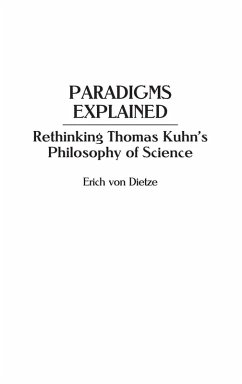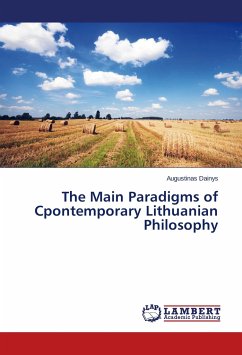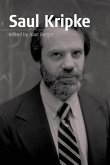Thomas Kuhn's Structure of Scientific Revolutions, which examines paradigm theory as it relates to philosophy of science, is among the most widely read--and debated--books in the history and philosophy of science. In Paradigms Explained, the author examines both the contributions and the limitations of Kuhn's work on paradigm theory, offering arguments for why Kuhn's initial ideas fail, as well as how his later and lesser-known works offer a modified and more workable solution to the problems Kuhn attempted to address in Structure of Scientific Revolutions. Von Dietze's accessible writing style and thought-provoking exploration of Kuhn's writings and their impact on scientific, philosophical, and social thought engage the reader and offer new insights into the simultaneously problematic and hugely influential ideas of one of the most prominent philosophers of science. Not limiting himself to just examining Structure of Scientific Revolutions, von Dietze also explores the ideas of Kuhn's earlier and later works. He thus provides an integrated discussion of the debates surrounding Kuhn's famous paradigm theory. As current interest in Kuhn's work increases, and as increasingly diverse fields endeavor to apply his paradigm theory, von Dietze's clear exploration and criticism of Kuhn's writings will prove to be an invaluable asset.
Hinweis: Dieser Artikel kann nur an eine deutsche Lieferadresse ausgeliefert werden.
Hinweis: Dieser Artikel kann nur an eine deutsche Lieferadresse ausgeliefert werden.








